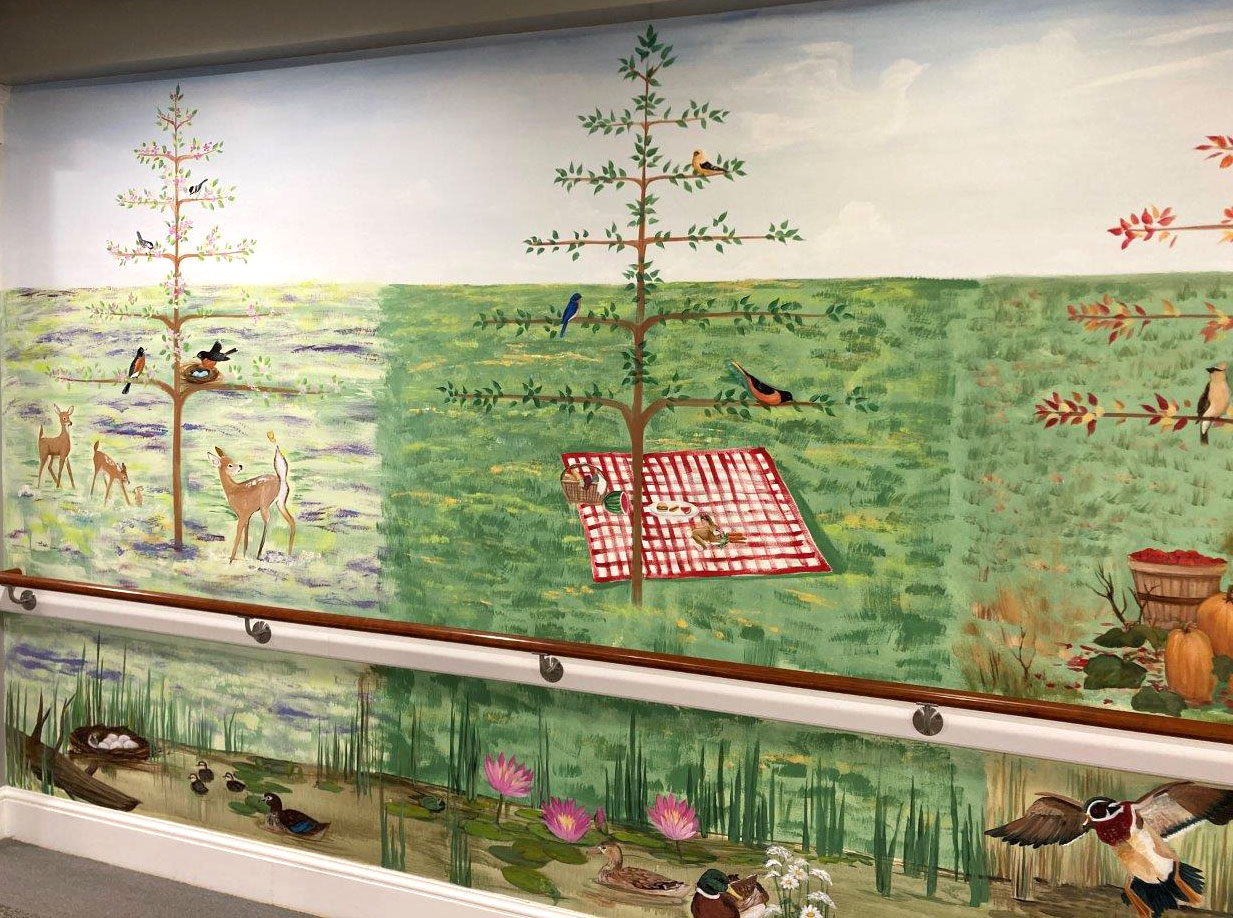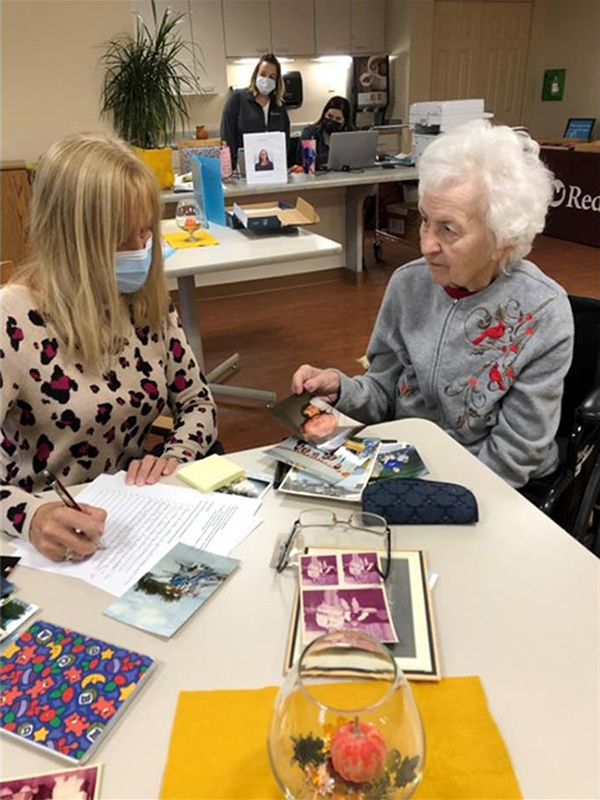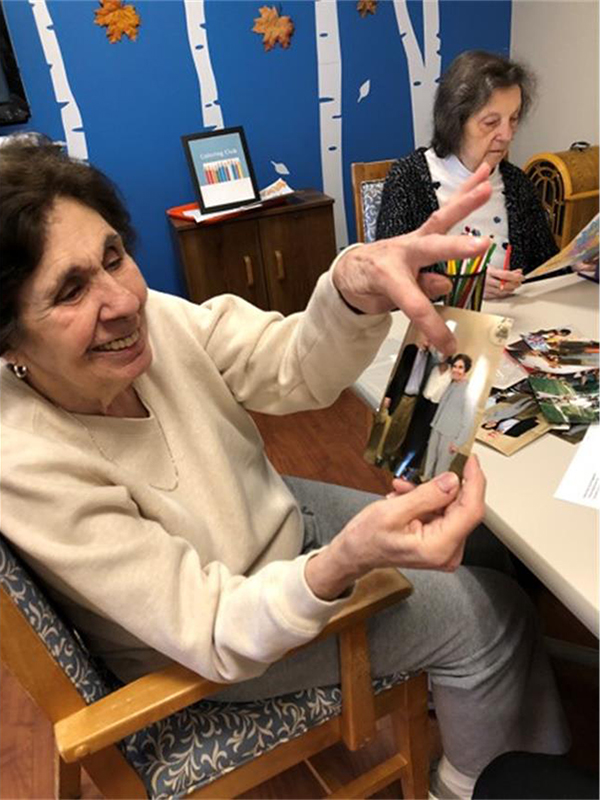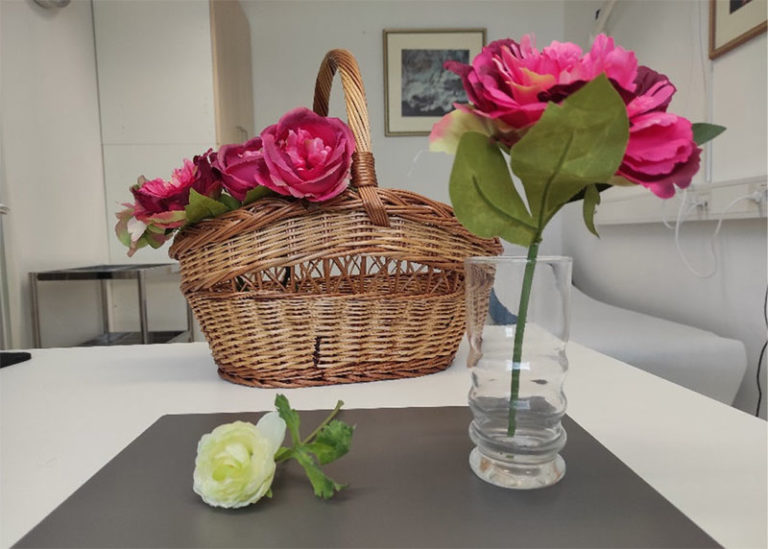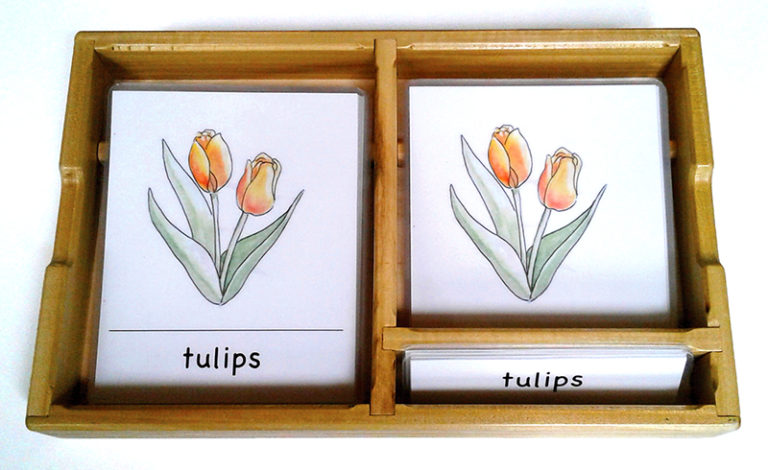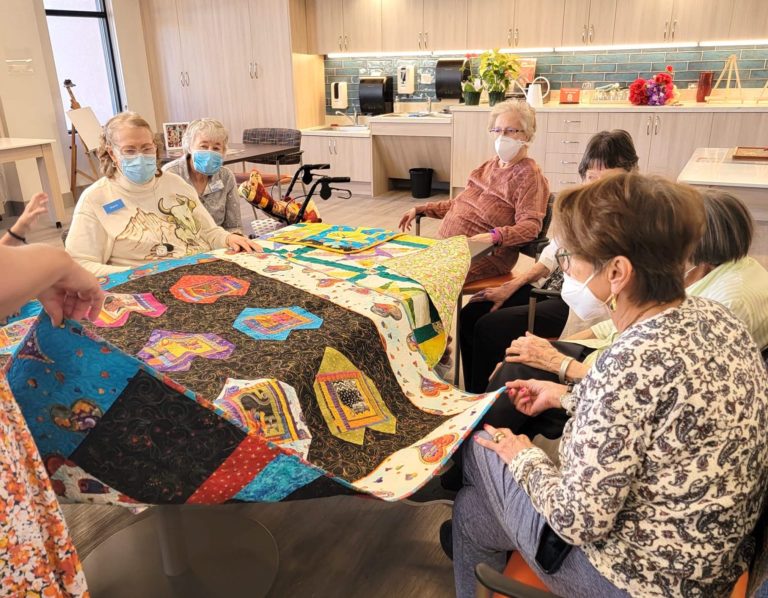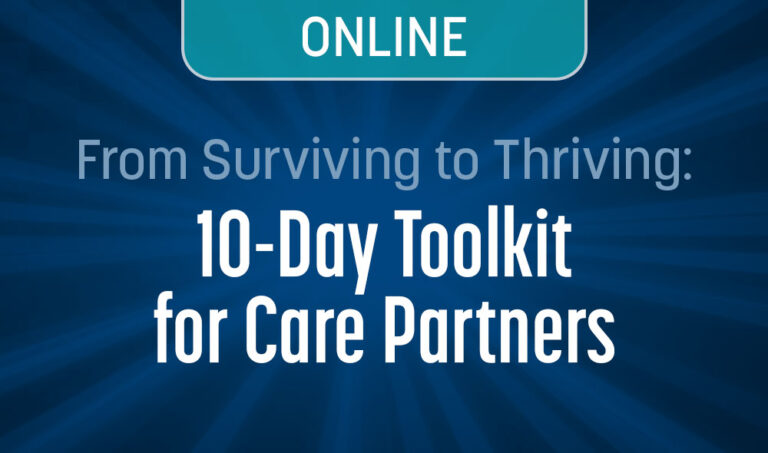Redstone Presbyterian Shares How They Live the Montessori Philosophy
The Brush Development team has had the privilege of working with Redstone Presbyterian Communities in Pennsylvania for the past 7 months. We have provided staff training, regularly coaching calls, design advice, and monthly in person mentoring visits to help three of their communities fully implement the Montessori philosophy.
In this article, they share what Montessori means to them.
Jim used to be the town mechanic. He was known for his speedy appointments and many different services. His skills made him the go-to-guy for all repairs. Jim loved working on cars, he loved finding solutions to problems that no one could solve. When Jim began to show signs of cognitive decline, his family worried about him living on his own. They started to look at care homes that would best suit Jim’s hobbies and lifestyle, somewhere he would be happy and feel at home. Jim’s family stressed the importance of memory care, as Jim had recently been diagnosed with Dementia. Little did they know, introducing The Montessori Philosophy would quiet all of their concerns and allow them to know Jim would be enjoying past hobbies in his new home.
So what is Montessori?
The Montessori Philosophy centers activities on mirroring tasks elders once enjoyed doing on their own. Think of how your grandmother interacted with her own home. Was she cooking on the stove? Was she sweeping the kitchen with a broom? Activities such as gardening, painting, folding laundry, using tools, making their bed, and taking care of plants are all examples of how we engage elders in active and individually orientated roles. Although this is not an exhaustive list, we can tailor caregiving activities to the individual. Adjusting activities to replicate who the individual once was gives them a sense of being home and feeling like their actions contribute to everyone. In this way, materials are geared toward facilitating engagement that makes the elder the main character of their story. We ask ourselves: Who was this person before they became a member of this home? Their story is likely filled with helpful hints on how we can personalize their care to what they like to do.
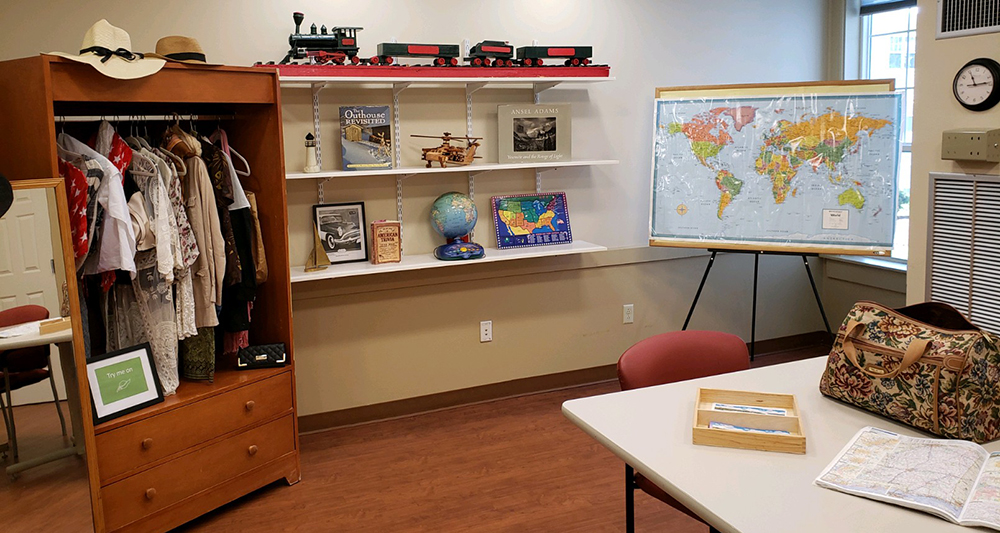
Why make them independent?
The answer is simple. We all come from different backgrounds with stories to tell. We had activities that we used to participate in and we don’t want to lose that aspect of self-fulfillment. Perhaps John grew up gardening with his grandfather and dreams of creating a garden with his green thumb. Maybe Greta used to entertain large parties of guests for the holidays and finds joy in setting the dining room table before dinner. The Montessori Philosophy gives the elder access to move about freely in a way that reflects their past skills and hobbies. Making this approach a way of life, not an activity or program, gives guidance for elders to be their own person. The Montessori Philosophy improves both awareness and elder involvement, placing intrinsic motivation at the forefront of what we do. We are able to give quality of life back to the individual. We can allow them to act naturally in their own environment.
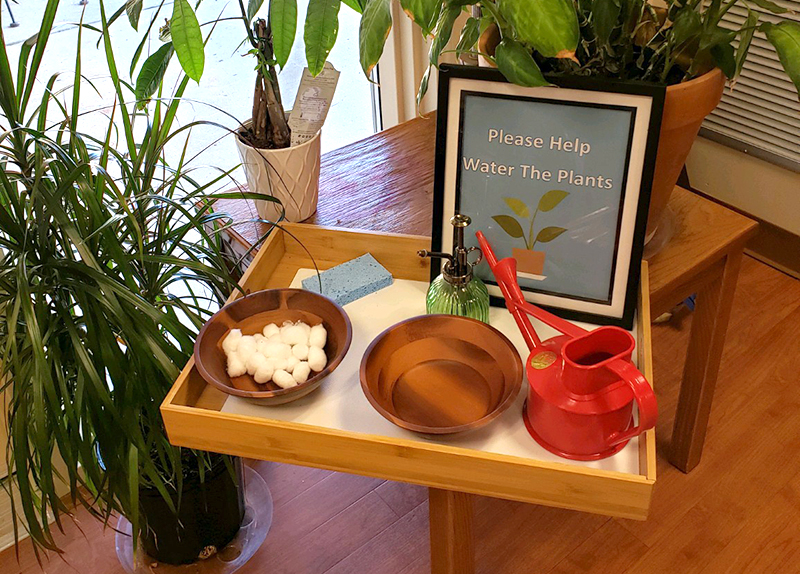
The Montessori Philosophy is a valuable way to show elders that all of the skills collected throughout their life have a meaning in our community. By fostering both key components and natural tendencies, we can build upon the identities elders came with before they met us. When we, as caregivers, know when to intervene, observe, or step back, we can better assess the needs of an individual person. Acting this way allows us to provide elders roles that offer purpose and choice.
Beginning as a teaching block for intellectually challenged children, the Montessori Philosophy has been adapted into our halls at Redstone. Dr. Maria Montessori, the founder of this approach, rejected common beliefs that children with intellectual and physical disabilities were to be deemed as ‘unteachable’. Thus, she developed a way to adapt both materials and environment to personally stimulate the person receiving the care. Many years later, this method of caring and teaching is not only applicable in Dementia care, it is crucial to providing person-centered care.
Redstone has a foundation rooted in person-centered care. Meaning, the care received by an individual is specific of their personal needs, abilities, history, and interests. We believe that this establishes a bond of trust and collaboration between elder and caregiver. The Montessori Philosophy encompasses that trust by tailoring elder activities to what is required for them to lead a purposeful and satisfactory way of life. It introduces incentives that promote social and physical participation, respects the abilities of the elder, and provides a life-affirming role that enhances their personal control of decision making.
Applying the Montessori Philosophy to Jim the mechanic, we can offer him materials and activities that are person-centered. Maybe we offer him puzzles that replicate the problem-solution manner of working on an engine. We could also offer him model car kits to display his skills of building and creating. These actions allow Jim to think and act on his own, giving him the freedom to be his own person in his own environment. We can now see Jim smiling and happy that he can once again use his hands to construct and fix.

